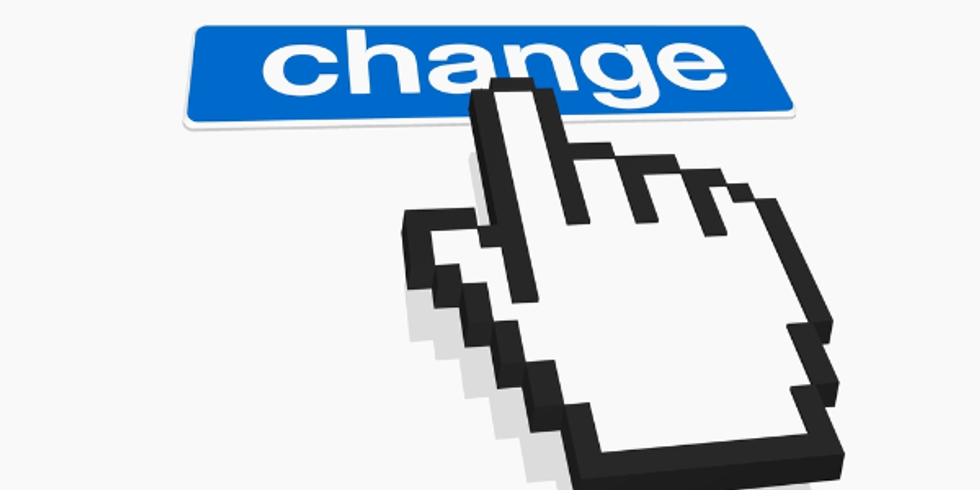From College to Career - Leverage Your Studies and Find a Career You Love
October 05, 2011

 Have you noticed the number of graduates unemployed or in unsatisfying jobs that that have nothing to do with their education and training or passions? A few weeks ago I talked about Ian, a fired bartender who is now in a new career that he loves, and using much of what he learned in college as a creative writing major. He is a great example of someone who successfully bridged the gap between college and career path.
After many years of hearing about this book, I'm finally reading it and immersed in the lessons it brings. It's called, Think and Grow Rich by Napoleon Hill. He communicates how what we think impacts the outcome of our lives (very simply put). These are lessons for everyone, particularly children and college or career bound students. Napoleon's lessons are decades old, but still ring very true (forgive the sexist reference to "he/him/his" as this was written back in the "day"):
Have you noticed the number of graduates unemployed or in unsatisfying jobs that that have nothing to do with their education and training or passions? A few weeks ago I talked about Ian, a fired bartender who is now in a new career that he loves, and using much of what he learned in college as a creative writing major. He is a great example of someone who successfully bridged the gap between college and career path.
After many years of hearing about this book, I'm finally reading it and immersed in the lessons it brings. It's called, Think and Grow Rich by Napoleon Hill. He communicates how what we think impacts the outcome of our lives (very simply put). These are lessons for everyone, particularly children and college or career bound students. Napoleon's lessons are decades old, but still ring very true (forgive the sexist reference to "he/him/his" as this was written back in the "day"):
"The habit of indecision goes with the student into the occupation he chooses... if, in fact, he does choose his occupation. Generally, the youth just out of school seeks any job that can be found. He takes the first he finds, because he has fallen into the habit of indecision. Ninety-eight out of every hundred people work for the wages today are in the positions they hold because they lacked the definiteness of decision to plan a definite position, and the knowledge of how to choose an employer."Whether you are in college now, a college graduate, a trade school student/graduate or have completed any career-oriented educational courses (on or offline), any age, this information will be beneficial. Here are a few tips for bridging the college to career gap:
- Every step you take toward your personal career development must be seen as professional - from resume to networking events to internships to recruiting events.
- Take stock of every way you present yourself from social media to voicemail - clean it up.
- Add a professional signature line to your e-mails with name/phone/e-mail address.
- Upgrade your e-mail communiqués to professional - don't use acronyms. No blank subject lines and check grammar - ALWAYS.
- Get a professional e-mail address.
- Get business cards printed with your basic contact info. Use Vistaprint - very cheap.
- Create professional profiles on the Internet so you can be searched.
- Post only professional photos online.
- Read the paper everyday to become familiar with trends - become an "industry expert."
- Subscribe to e-zines in your preferred industry or field of interest.
- Make a BIG LIST of people you'd like to talk to, companies you'd love to work for,industries or fields you'd like to explore (i.e. health, technology, entertainment).
- Do not consider anything unless you really want to do it - that means do not use skills you are "good at" but don't particularly enjoy using or careers your family/friends said to check out, but you really don't feel it.
- Check the "Yes buts... " at the door.
- Time to really consider your passions. It is OK and it is possible to find work in something you actually feel passionate about.
- Defining passion: What would you do for no money if it were not an issue?
- Job shadowing: virtual and in-person. This is a must before you decide to go in any direction. In-person: "Can I follow you around for a day?" For virtual, here is a job shadow site you can check out: The Opening (https://www.mtvu.com/category/shows/the-opening). This will take you to a job shadow page where you can click on pictures of different folks doing interesting jobs. Watch the video and follow them virtually.









